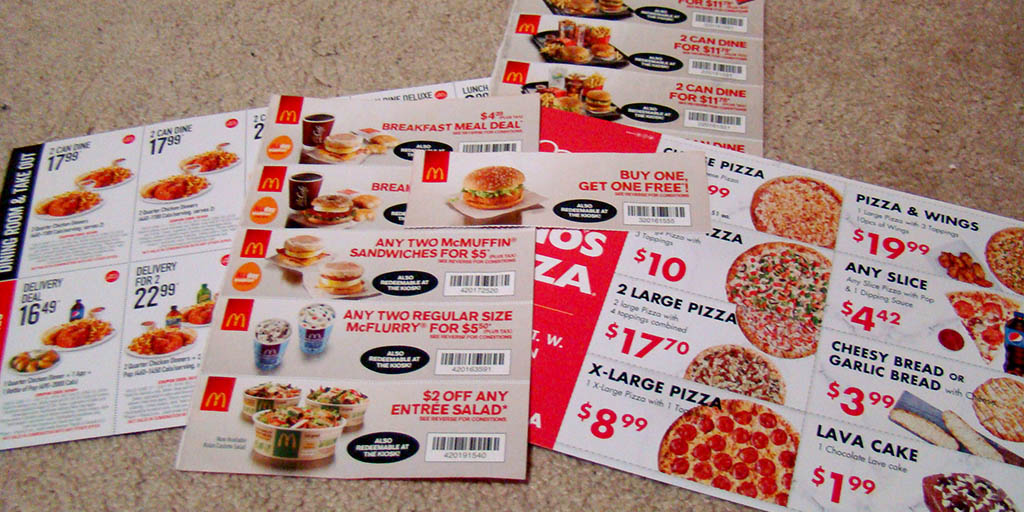Is couponing worth it?
 CREDIT: CYNTHIA KACZALA
CREDIT: CYNTHIA KACZALAOpinion: You may think you've scored a sweet deal, but the fine print of a coupon might say otherwise.
Coupons are used to get some sort of discount when purchasing items, and usually you would think that getting a discount is a good thing, right? However, coupons might not even be that useful in most situations. Coupons may seem like a good deal, but some of them are tricking you into spending more money than you intended to spend just to use them.
Let’s look at coupons that give you a certain amount of money off a product as an example. You get a coupon that will take $15 off your next purchase at a store, so next time you grab something you want for around $20 and take it up to the cash register. Then you give it to the cashier, only to be told that you can’t use the coupon until you have enough items that cost a total of $30 or more.
In the end, even if you spend around $30 and get half off, you are still spending the $15 that you thought you were going to save. Also, some of these types of coupons are non-stackable, so if you had two $15 off coupons you must purchase a total cost of over $60 instead of $30.
What about coupons that have a determined discounted price, such as ones that you get from food places in the mail like McDonald’s or Swiss Chalet? Usually these have something like getting a meal for a discounted price or even two meals for a certain price.
The fine print on these coupons can come with certain conditions that to get the deal you have to spend an amount around the normal price of the merchandise. For example, McDonald’s’ ‘buy one, get one free’ coupon, which is supposed to be you buying the one burger/sandwich, like a Big Mac, and you get another one for free.
However, what it doesn’t say on the front, but on the back, is that to make the deal applicable you must buy something else with the original burger, such as fries or a salad. This ends up making the end total end up closer to a regular meal’s price then what you where originally expecting.
Also, the expiry date is in small print most of the time, making it hard to notice it at first. You’re most likely going to forget about it and when you decide to finally use them, they might already be expired.
In some cases, there are cheaper options of what you want without using a coupon. For example, McDonald’s has a $5 deal meal that includes a burger, drink and fries; they also have a coupon that is a ‘One can dine for $6.29’ discount for the same thing. Therefore, if you don’t mind what type of burger you get, it’s cheaper to choose the non-coupon option.
A final note is if you don’t live near any location for these food places you might not ever use them due to the hassle it could be just to go and get the food.
In the end when you get coupons and possibly plan to use them it’s a good idea to check the fine print on them for hidden conditions and ask yourself, am I really getting a deal?
Editorial opinions or comments expressed in this online edition of Interrobang newspaper reflect the views of the writer and are not those of the Interrobang or the Fanshawe Student Union. The Interrobang is published weekly by the Fanshawe Student Union at 1001 Fanshawe College Blvd., P.O. Box 7005, London, Ontario, N5Y 5R6 and distributed through the Fanshawe College community. Letters to the editor are welcome. All letters are subject to editing and should be emailed. All letters must be accompanied by contact information. Letters can also be submitted online by clicking here.















